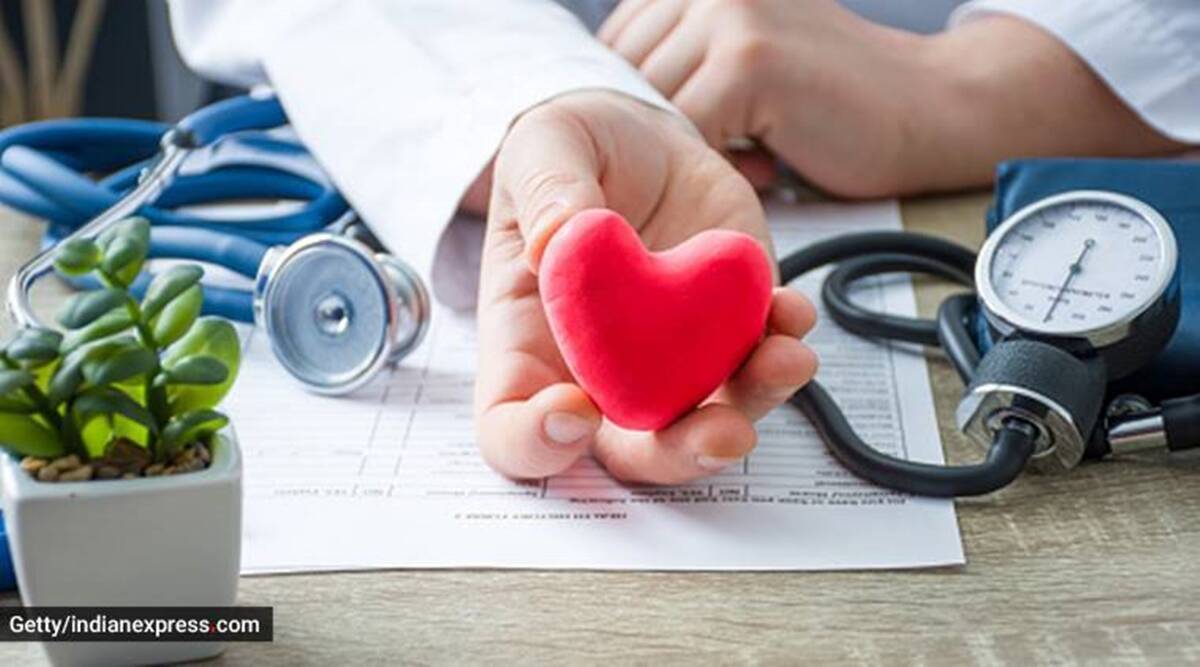Here’s what you should (and not) eat for a healthy heart
27 September, 2022

A dietitian said that you could reduce your risk of heart diseases "by making heart-smart choices at home, at the grocery, and at your favourite restaurant
A healthy diet is one of the prerequisites for a healthy heart. Poor food choices can have an adverse effect on the heart, putting you at risk of several health concerns such as heart attack, heart failure, stroke, hypertension, etc. “There is a lot of misinformation about what foods are or aren’t heart-healthy, so it may surprise you to learn that you don’t need exotic fruits, imported nuts, or even pricey supplements to take care of your health,” Aruna Mallya, Senior Dietitian, KMC Hospital, Mangalore, said.
She added that you could reduce your risk of heart diseases “by making heart-smart choices at home, at the grocery, and at your favourite restaurant”. Here are some dietary dos and don’ts for a healthy heart.
DO: Focus on fruits and vegetables, the expert suggested. Eat a recommended minimum of 5 servings per day, but vegetables and fruits of all kinds and colours should take centre stage in a heart-healthy diet. This is because “they are rich in fibre, vitamins, minerals, and antioxidants that promote a healthy heart and body. Additionally, they are filling and low in calories, promoting weight management. Fresh, frozen, dried, canned (without sugar syrups or added salt), raw, cooked and all other fruits and vegetables are good for you until you are not diagnosed with diabetes or hypertension“.
DON’T: Dr Mallya advised against over-indulging in juice and processed fruit snacks. “The fruit filling in a breakfast pastry is mostly sugar and not a real serving of fruit. And while small amounts of 100 per cent fruit juice can fit into a healthy diet, they’re also concentrated sources of sugar (naturally occurring), and calories are moderately high when compared to whole fruits, which also boast heart-healthy fibre while juice does not,” she said.
DO: It is essential to monitor sodium intake as our bodies need this mineral in much smaller quantities than we normally eat. She said, “To prevent high blood pressure and heart disease, strive for no more than 1,500 milligrams sodium per day.”
DON’T: Don’t forget about added sugar, the dietitian said. The American Heart Association recommends that women should consume no more than 6 teaspoons of added sugars (about 100 calories) each day; that number becomes 9 teaspoons for men (150 calories).
DO: To reduce your risk of heart disease, choose a suitable type of fat and ensure you’re not eating too much of it, she added. “That’s why choosing low-fat products, baking, or boiling instead of deep frying and reducing or omitting the fats that recipes call for (hydrogenated fat, shortening, lard) are important to get your fat intake in line.”
DON’T: At the same time, you don’t have to fear all kinds of fats, she suggested. Dr Mallya elucidated: “Not all fats are bad for you. In fact, certain types of fats, such as monounsaturated fat and Omega-3s, actually promote heart health. Once you’ve got your fat intake in line, focus on making choices to meet your daily recommendations. Fats found in olive, soybean, nuts, canola oils, and seafood are good for the heart.”
DO: It is advised to fill up on fibre. “A high-fibre diet can help reduce the risk of heart disease. Certain types of fibre may help lower LDL ‘bad’ cholesterol. Adults should aim for 20-30 grams each day. To meet your daily requirement, select a variety of unprocessed plant-based foods each day, including oats, whole-wheat bread/flour/cereal, fruits, vegetables and pulses,” she said.
DON’T: Do not forget about cholesterol, Dr Mallya warned. “A high intake of dietary cholesterol may cause heart disease. For the prevention of heart disease, limit your intake of dietary cholesterol to less than 300 milligrams each day. If you already have an elevated LDL cholesterol level or you are taking a cholesterol medication, the goal is even lower — 200 milligrams daily,” she said.
In a nutshell, “When you focus on the good stuff and make healthy choices, you do your body and your heart well,” the dietitian concluded.
Source: indianexpress.com
